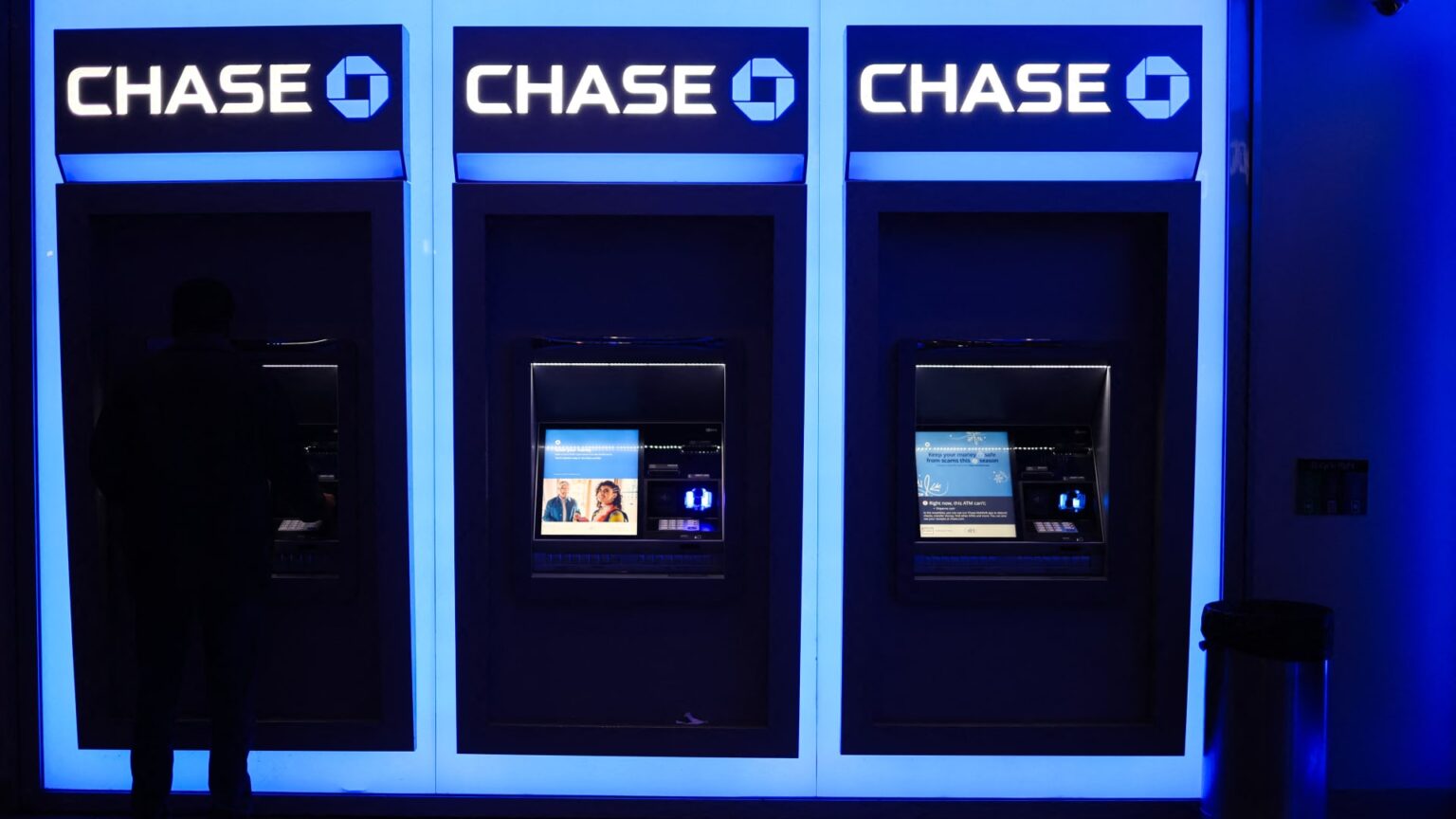JPMorgan Chase Takes Legal Action Over “Infinite Money Glitch”
JPMorgan Chase has recently intensified its legal efforts against customers it accuses of exploiting a significant glitch within its banking system. This surge in lawsuits follows an incident in late 2023, where individuals managed to withdraw funds linked to fraudulent checks before they cleared, known as the “infinite money glitch.”
Details of the Bank’s Legal Actions
As part of its strategy, JPMorgan Chase is now focusing on cases involving thefts of amounts under $75,000, opting to file these in state courts instead of federal ones. The bank’s shift in approach signifies a more targeted effort to recover stolen funds. A source familiar with the bank’s operations noted that JPMorgan is selecting cases with clear patterns of theft to pursue.
In one notable case from Gwinnett County, Georgia, the bank details an instance where a check for $73,000 was deposited into a customer’s account. Over the following days, withdrawals totaling $82,500 were made, leaving the bank seeking repayment of nearly $58,000 from the customer involved.
Broader Implications of the Incident
The glitch gained widespread attention in August 2023, particularly through social media. It permitted users to withdraw substantial sums destined for accounts linked to fraudulent checks prior to their bounce. JPMorgan’s reaction reflects its commitment to recover losses and discourage future fraudulent activities. Consequently, they have already reached out to over 1,000 customers since October, urging them to repay amounts withdrawn as part of the scheme.
In addition to civil suits, federal and state authorities may also be pursuing separate criminal investigations related to these fraudulent activities. “We’re still investigating cases of fraud and cooperating with law enforcement — and we’ll do that for as long as it takes to hold fraudsters accountable,” stated Drew Pusateri, a spokesperson for JPMorgan Chase.
Confronting Bankruptcy Claims
Alongside its lawsuits, JPMorgan Chase is considering challenging the bankruptcy claims made by alleged fraudsters. In recent court motions, the bank has requested additional time to contest a bankruptcy filing linked to a separate fraudulent check case involving nearly $45,000.
Pusateri emphasized, “There are genuine and important reasons people use bankruptcy protections. Getting rid of debts you accumulated through fraud isn’t one of them.” This stance illustrates the bank’s resolve to ensure that those who engage in fraudulent activities do not evade responsibility through legal loopholes.
Conclusion
The recent actions by JPMorgan Chase reflect a firm stance against fraud while underlining the complexities that arise with advancements in digital banking. As the bank continues to navigate these legal challenges, its efforts serve as a caution to those engaging in deceitful financial practices.
